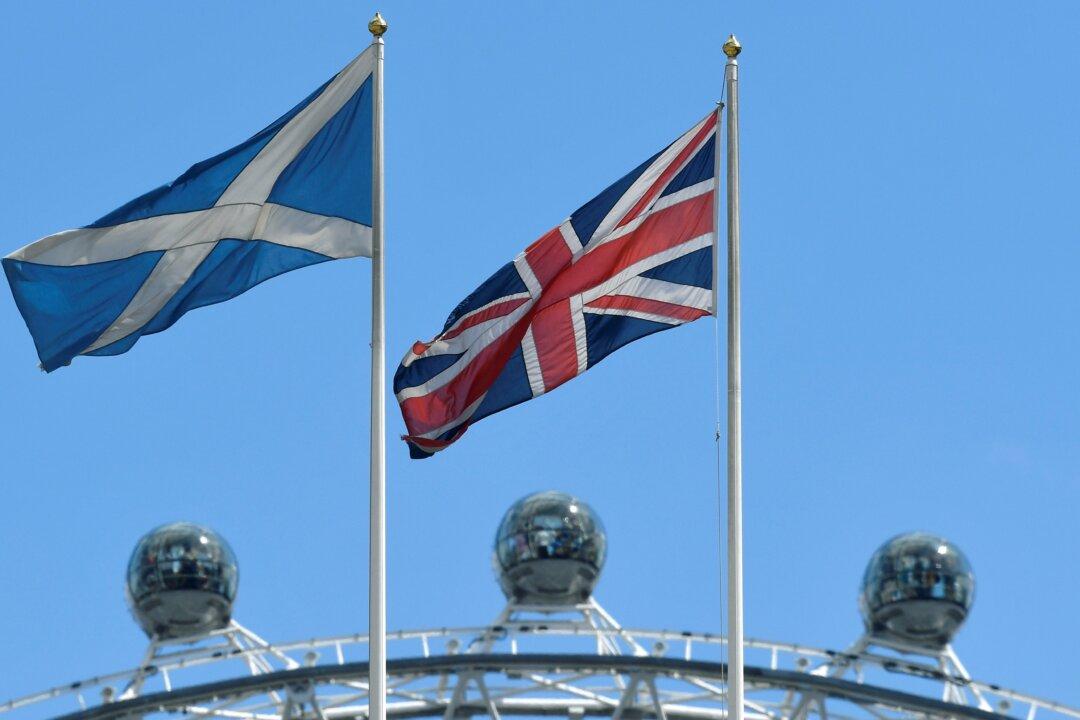LONDON—Britain’s cabinet office will set up a “second flagship HQ” in Glasgow as the government plans to move some of its operations to Scotland, ministers announced on March 15, at a time when support for Scottish independence is running high.
Ties between Scotland and the rest of Britain have been badly strained by a much-criticised COVID-19 pandemic response and Brexit, which a majority in Scotland opposed.





